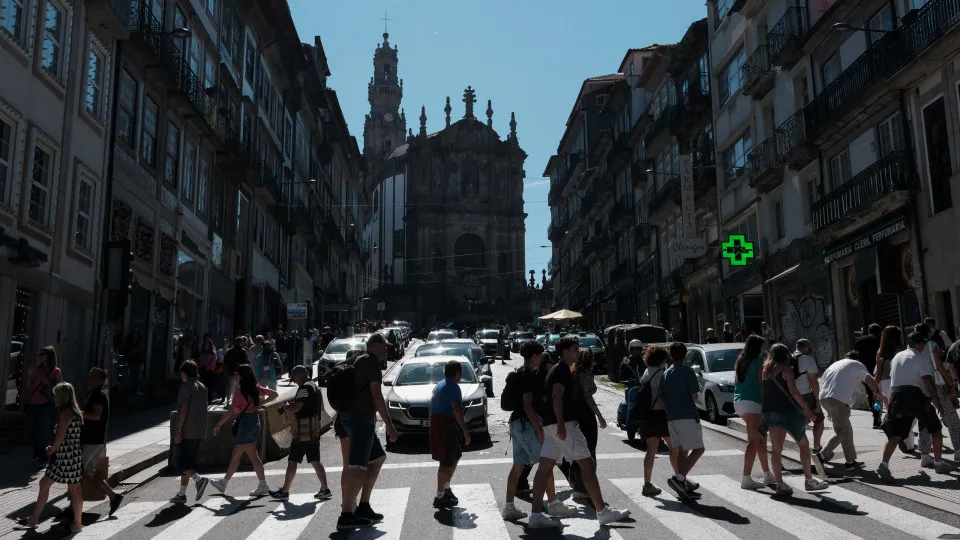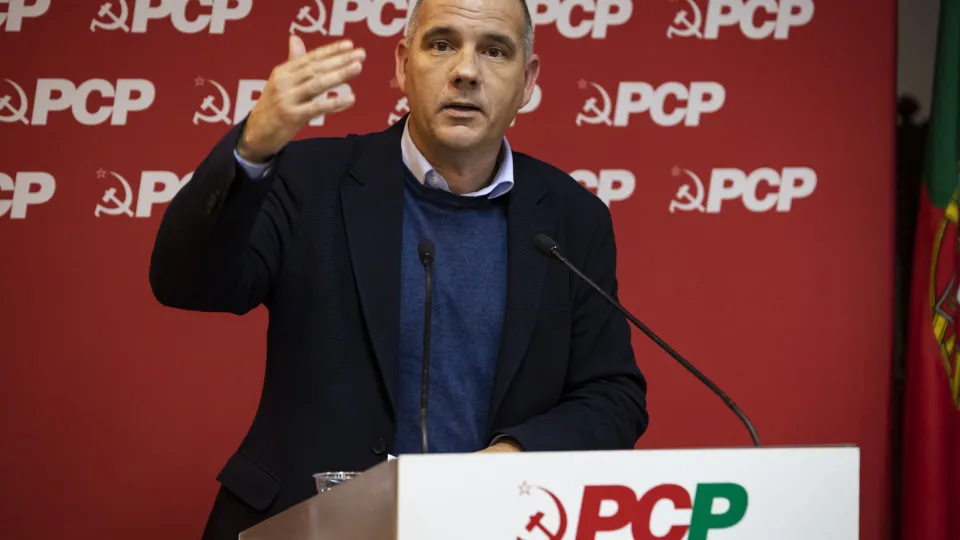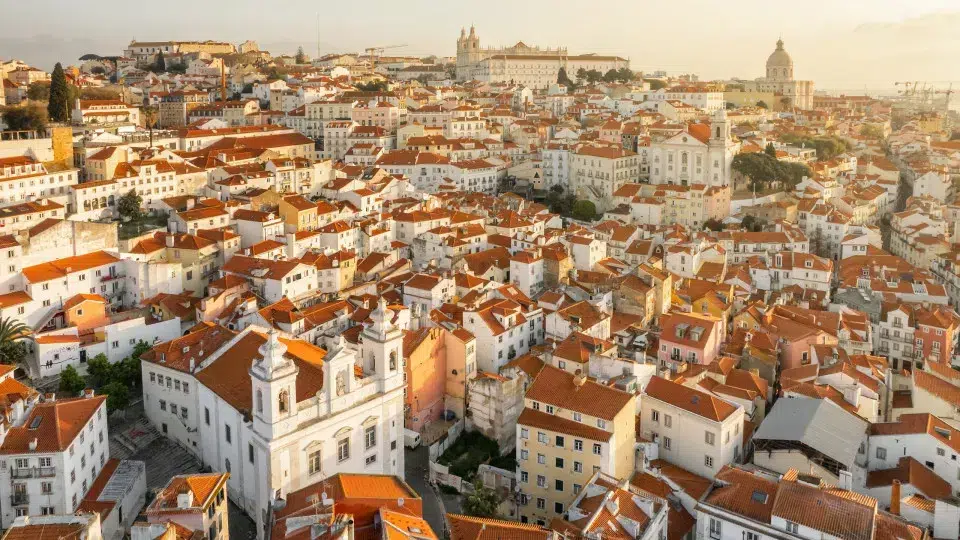
During a debate at the headquarters of the Association of Civil Construction and Public Works Industries (AICCOPN), also organized by the Order of Architects, Catarina Silva Marques, second in the Volt candidacy led by Guilherme Alexandre Jorge, stated that she does not intend to “reinvent the wheel,” aiming to follow Barcelona’s example by “limiting and taxing local accommodation” without damaging tourism activity, she said.
Independent candidate Filipe Araújo, current vice-president of the municipality, noted that the pre-campaign is marked by “a series of promises based on the tourism tax,” warning that not using its value to finance current expenditure will leave Porto with “unstable accounts” and dependent on Lisbon.
Francisco Calheiros, CDU candidate for the Municipal Assembly, with Diana Ferreira running for the Mayor’s office, pointed out that “the local accommodation regulation allows reaching 20,000,” a number close to the vacant homes (15% of the total housing stock each), considering this places excessive pressure on existing housing.
Eduarda Vieira, running for the Municipal Assembly for ADN, where Frederico Duarte Carvalho partially participated in the debate as a mayoral candidate, emphasized that today “Porto is unlivable for its residents, particularly due to tourism issues,” against which ADN states it is not opposed but insists it “must be regulated and sustainable.”
According to Hélder Sousa from Livre, tourism should be viewed “from the perspective of its impacts on the entire urban ecosystem,” indicating that “the number of hotels planned for the city is unsustainable,” due not only to housing concerns but also “mobility, soil sealing, resource management, and waste collection.”
Manuel Pizarro from PS declared that it is necessary to end the conflict and the apparent dichotomy between the residents and tourists, asserting that tourism “is an essential economic activity for the city, crucial for urban rehabilitation, and any fight against it will lead to an economic catastrophe,” while admitting that it “needs regulation.”
Miguel Corte-Real from Chega did not address tourism in the same segment but highlighted student accommodation, advocating investment in Campanhã, noting that the area “has good infrastructure: metro, an intermodal terminal, buses, trains.”
Nuno Cardoso from NC/PPM said tourists are welcome, but Porto belongs to its residents, and it is for them that work is needed.
Pedro Duarte, representing the PSD/CDS-PP/IL coalition, argued that the city “must find an economic development model not solely tied to tourism,” which “is very important,” but considered it “very negative” for Porto to depend on it.
Sérgio Aires from BE recalled that in 2021 his candidacy was “quite maligned” for saying that “the city was undergoing a massive gentrification process,” pointing out that “the almost economic monoculture of tourism brought a lot of good but also a lot of bad,” rejecting “the wildness” of local accommodation in the hands of “two or three owners.”
PTP candidate Maria Amélia Costa, along with Luís Tinoco Azevedo from the Social Liberal Party, was absent.
Running for Porto’s City Hall are Manuel Pizarro (PS), Diana Ferreira (CDU – coalition PCP/PEV), Nuno Cardoso (Porto Primeiro – coalition NC/PPM), Pedro Duarte (PSD/CDS-PP/IL coalition), Sérgio Aires (BE), current vice-president Filipe Araújo (independent), Guilherme Alexandre Jorge (Volt), Hélder Sousa (Livre), Miguel Corte-Real (Chega), Frederico Duarte Carvalho (ADN), Maria Amélia Costa (PTP), and Luís Tinoco Azevedo (PLS).
The current executive consists of a majority of six elected members from the Rui Moreira movement, one independent councilor, with the remainder comprising two seats from PS, two from PSD, one from CDU, and one from BE.
The municipal elections are scheduled for October 12.




